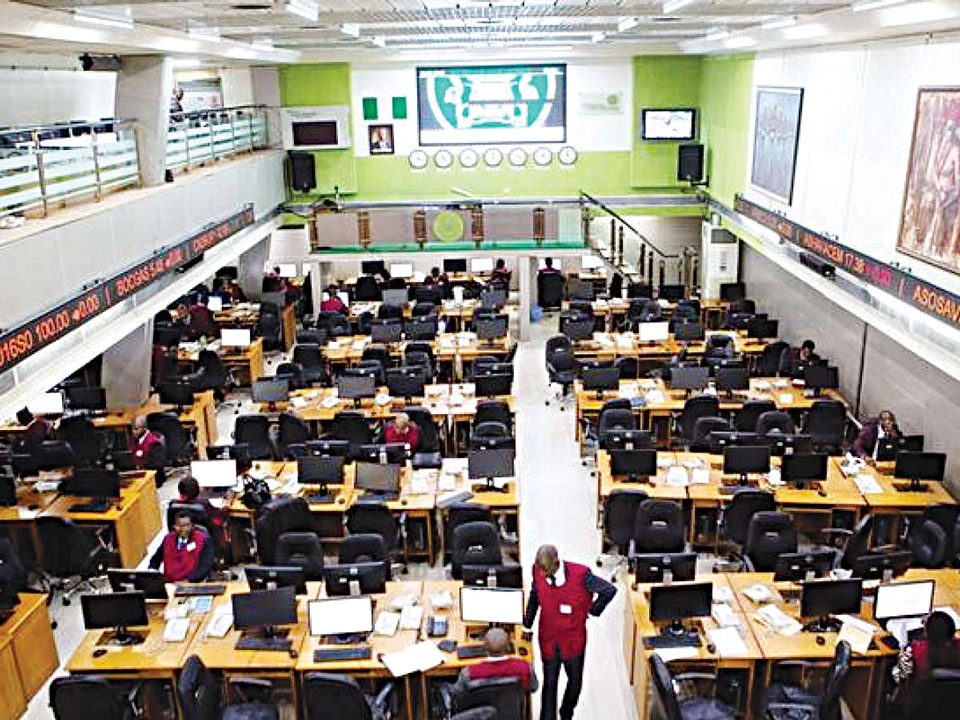Nigeria Update: Stakeholders urge private sector involvement in tackling infrastructural deficits

Nigeria Update: Stock market reopens bearish in July, sheds N120billion
July 3, 2018
World Update: Russia’s Rosatam signs MoU with Rwanda’s government on nuclear energy
July 3, 2018Stakeholders have canvassed the need for private sectors at states level to invest in infrastructure, without necessarily depending on the government.
At a one-day International Project Finance Association (IPFA) event titled ‘Private Investment in Infrastructure: The States as Enablers’, in Lagos during the weekend, stakeholders said when that is done, it would serve as the nation’s fundamental facilities for development.
Managing partner of AELEX, Fubura Anga, recalled that traditionally, the emphasis in Public Private Partnership (PPP) has been at the Federal Government level, whereas the real action is at the state level.
He therefore insisted that a lot more emphasis should be placed on what states can do.
“The national budget had just been passed; the total budget is less than 10 percent of national GDP, right now, it is clear that the government alone cannot fund the infrastructural department.
“The World Bank and all the major development agencies are saying we need about $40billion per year for the next 20-30 years to breach the infrastructure gap, and as it is, the money would have to come from the private sector” he said.
The participants agreed that the possibility of bridging the gap of infrastructural deficit in Nigeria depends on the need for good operating environment, proper project identification, proper stakeholder engagement, funding gas and the need to identify forex risk and mitigation.
Rumundaka Wonodi, ZKS Energy Partners, therefore urged the government to continue to support the sector for infrastructural developments until there is equilibrium.
Olanipekun Imam of the Bureau of Public Enterprises (BPE) said: “A lot of the problem we have is attitudinal, and until we have a structured attitude, channeled towards the investment of infrastructure that works, we might remain stuck at the base level.
“It is important to learn from the experience of developed countries and actually get to work instead of wasting time on lamentation,” he said.

